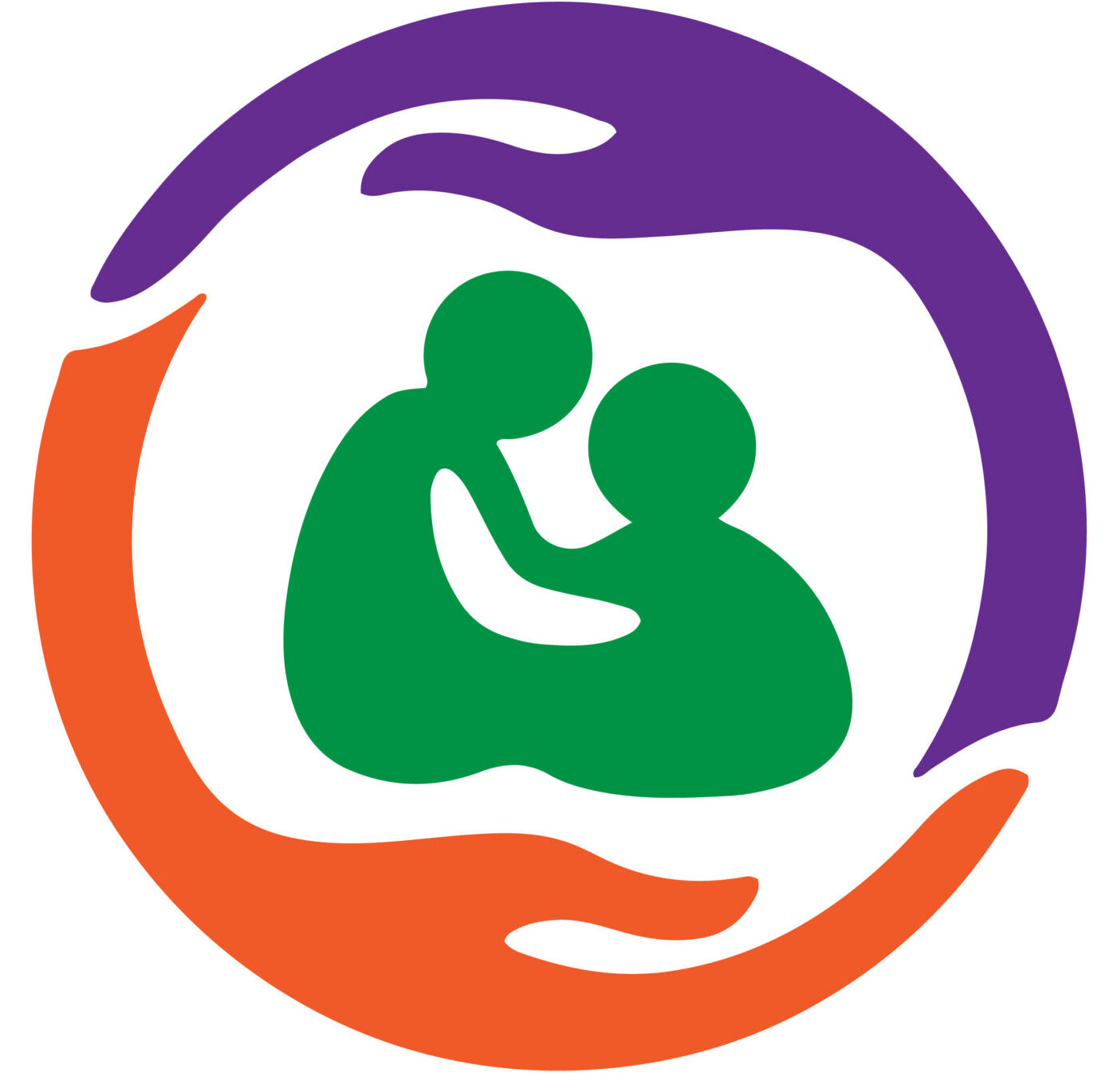Genograms can reveal SUD patterns in a visual way and help to obtain family details of substance use without directly asking about the problem thereby decreasing defensiveness. Most social workers are mandated reporters so this can present an ethical issue for those who work with individuals with SUDs, especially those with dependent children. Many patients know this and may withhold information about their substance use out of fear of being reported to Child Protective Services. Mandated reporters should disclose this role to their clients and be specific about what circumstances require reporting, while also emphasizing they will do everything they can to assist clients in obtaining the help they need. Social workers should be aware of their own biases, if any, regarding substance abuse. Only if clients feel a positive therapeutic rapport and trust the social https://newhomeeasy.com/home-ideas/page/2 worker will they disclose substance use.

You deserve excellent care and a rewarding life in recovery.
- These predispositions include genetics and their parents’ own behaviors and relationships to drugs and alcohol.
- They can evaluate your child on a physical and psychological basis.
- The material is not a substitute for qualified medical diagnoses, treatment, or advice.
Families that enable actually replace and/or take over activities that a person with an addiction should be capable of handling alone. An active addiction can lead to blurred lines when it comes to respecting boundaries, including personal space and possessions. For your peace of mind and safety, clearly defining and protecting your personal space is essential.

The Importance of Stopping Enabling Behavior
- Sexual or physical abuse can also increase the likelihood of addiction.
- Living with a family that drinks can be hard for an addicted person, as temptations are everywhere, but enabling families can take those challenges to the next level.
- If someone stumbles home and falls asleep in the yard, that person stays in the yard.
- Other times, it’s out of fear that losing a job would mean they can’t pay the bills, or feeling frustrated that it’s easier to do the chores rather than nag to get them done.
- But if we want to break cycles of trauma, we need to increase access to family-friendly treatment for opioid use disorder.
- Is it hard to understand what enabling really means and what it might look like in your life?
- As families set limits and make the consequences of addiction more palpable for the substance abuser, they could cause the person to really think about healing and how sobriety might help.
Remember to express your feelings without judgment when approaching your child about the subject. A senior Russian official has accused Ukrainian President Volodymyr Zelensky of being a drug addict, who will prolong the conflict to maintain his hold on power. “Now that is just as DEC but we have several other institutions that assist with drug-dependent persons, so that is not the full reflection of the extent of the problem.” “Sending them to prison doesn’t help because there are still drugs in there,” Mwape said. There are several private facilities in Zambia – but no publicly funded one – and he says some people have even reportedly sent their children to China. But the most frustrating thing for Mwape is that his second-oldest son is never explicit about what drugs he is taking, how he gets hold of them – and often obfuscates when asked a question.
Soccer Match Stampede Kills Dozens, Including Children
Families might ease that money burden by holding joint financial accounts. That allows a person with an addiction to tap into healthy family members’ sources of funds, and all of that money might be used to pay for drugs. Family members might also make temporary loans, on request, or they might give extravagant gifts that people might sell in order to get money to fund the addiction. After all, when a family becomes efficient at enabling, that family makes an addiction http://airmed.com.ua/forum/index.php?showforum=247 easier to maintain. All of that love and support can be twisted and shifted, when one member of the family has an addiction. Those bends and shifts are sometimes defined as enabling behaviors, and they could serve to keep an addiction in place.
Use natural consequences and positive reinforcement together

If the child experiences the primary caretaker as unresponsive or inconsistently responsive, an insecure attachment may form that can result in a variety of problems including anxiety, depression, and failure to thrive. Whether it’s a matter of denial or just not knowing what the right actions really are, your behaviors could very well be contributing to the mess of drug or alcohol addiction. You may be denying them the opportunity to find another way forward—even if the lessons along the way are rough. Let’s get real about the impact of your behaviors and how to actually stop enabling your addicted son or daughter.

There may also be times when letting the natural consequences of your child’s actions play out is more than you can tolerate. I have seen people go to addiction treatment because of a court case, job requirement, a relationship in jeopardy, physical health problems, nowhere else to live, and family interventions. Then there are people that enthusiastically went because they wanted help. The one thing they have in common is that they had a good opportunity to recover from the disease of addiction. I often tell parents or family members of a person struggling with addiction that what they think they are doing to help their loved one is actually hurting them.

Signs of Enabling Every Parent Should Know About
For example, a latency-age child may cover up her father’s drinking by cleaning up after him if he is sick, getting him into bed after he passes out, and minimizing his drinking to her mother. Her efforts allow his SUD to continue with limited consequence and keep the family system at relative equilibrium by http://www.out-football.com/devid-bekxem-stal-licom-zhurnala-mens-health-v-marte.html reducing fighting between the mother and father. Although that adaptation may keep the family system in a state of equilibrium, it also serves to maintain the problem. Feedback refers to the circular way in which parts of a system communicate with each other.
- When assessing any client is it essential to inquire about substance use history in the family, in the individual, and current use.
- Dealing with a drug addicted child early on can prevent a lifetime of hurt for your teen and your family.
- This family member might be worried that the other can’t handle the task, and this person wants the laundry to be clean, so outsiders don’t see evidence of addiction.
Based on my parent coaching practice, here are four essential boundaries to consider, examples, and practical tips to help you navigate this difficult situation. When adolescents are having a drug problem, parents can feel unsure about their roles. They find themselves wondering if they should be their child’s friend or their parent.
